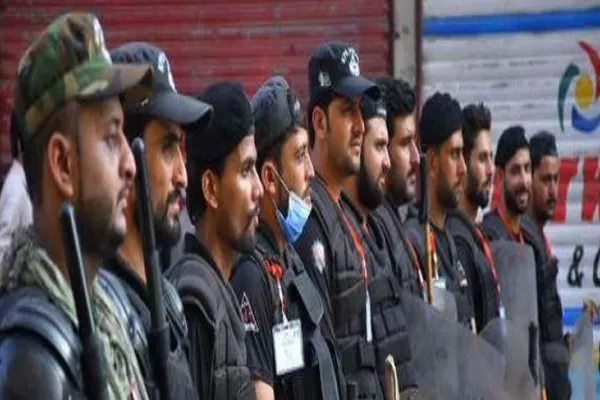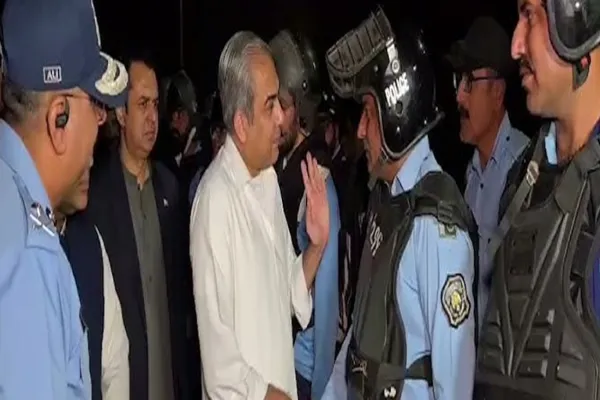i NEWS PAKISTAN
The Federal Board of Revenue (FBR) has exposed a startling revelation that one out of every three candidates vying for the upcoming February elections is entangled in violations of tax laws. The report highlights instances of candidates either not being registered taxpayers, non-filers of income tax for at least one year in the last three years, or both. According to media reports, this concerning trend sheds light on the pervasive non-tax culture in the country, with a significant number of aspiring national representatives showing a disregard for financial transparency and compliance with tax regulations. Government sources disclosed that the Election Commission provided data on approximately 28,000 candidates, revealing that a staggering 9,200 of them are either not registered with the FBR or have failed to file income tax for one of the past three years. Astonishingly, these candidates are allowed to contest the general elections despite clear violations of parliamentary acts. Further analysis of the data indicates that over 4,200 candidates have not filed income tax returns for the past three years, while more than 5,000 candidates are not even registered with income tax authorities.
During the scrutiny process, the FBR identified more than 1,100 defaulters who promptly cleared their dues before the approval of their candidature. An impressive recovery of around six billion rupees was made from these candidates, exposing a pattern of nondisclosure of true wealth. Remarkably, the amount recovered from these defaulters surpasses the total income tax paid by the members of the National Assembly and Senate in 2019. The FBR's current tax directory reveals that in 2019, the combined income of the members amounted to 11 billion rupees, with only 576 million rupees paid in taxes—equivalent to a mere 5.2 percent of their income, significantly less than the 35 percent tax rate imposed on salary earners. A regrettable aspect of the situation is the inconsistency in the acceptance of candidature papers. Returning Officers reportedly rejected the papers of candidates who were filers but approved those of non-filers and unregistered candidates, further exacerbating the issue of non-compliance in the electoral process.
Credit: Independent News Pakistan (INP)









